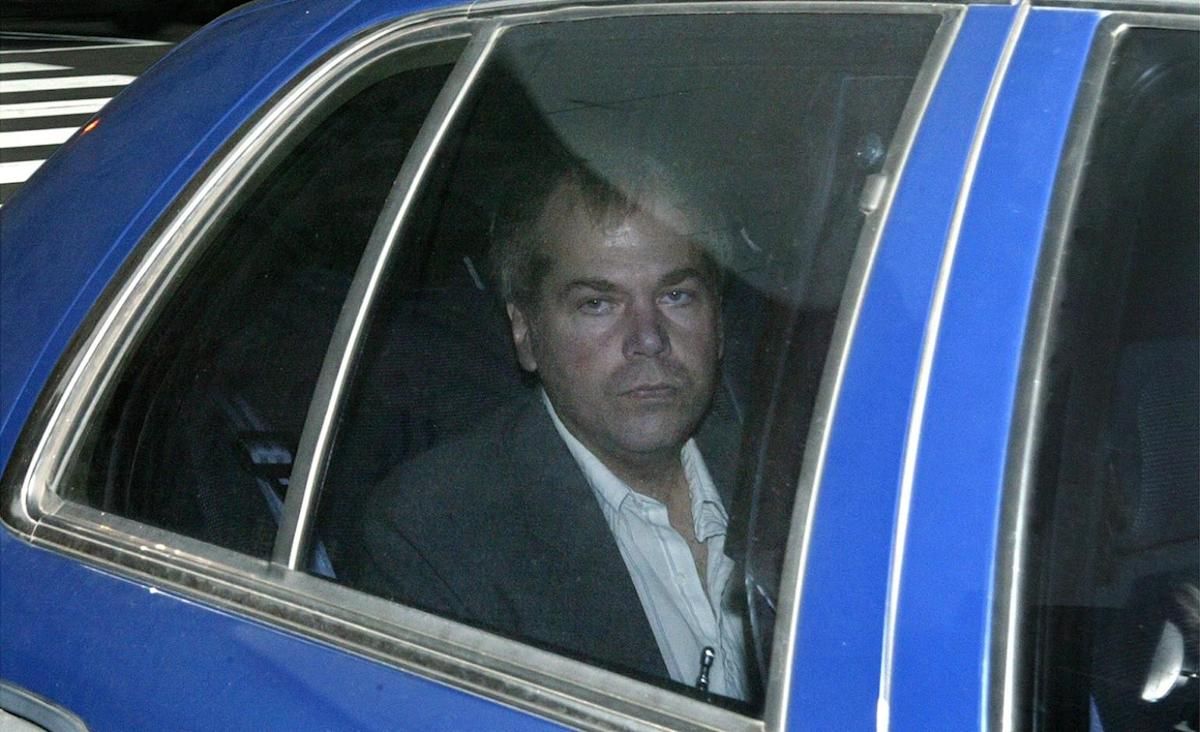September 27, 2021
-Washington Examiner
Officials have determined that the man who attempted to assassinate former President Ronald Reagan in 1981 should be freed from court-imposed restrictions placed on him since 2016.
Lawyers met in federal court Monday to discuss the future of John Hinckley Jr., 66, who until now has been kept under intense restrictions in his personal and professional life. These restrictions have included oversight of his medical care, decisions on how often he attends individual and group therapy sessions, records of his computer passwords, and a ban on contact with people related to the shooting, according to NPR .
Reagan was shot by Hinckley on March 30, 1981. In addition to wounding Reagan, Hinckley also shot Secret Service agent Timothy McCarthy, police officer Thomas Delahanty, and White House press secretary James Brady , who became a gun control advocate following the shooting.
Attorney Barry Levine asked for the unconditional release of Hinckley, arguing that he no longer poses a threat to society. A violence risk assessment conducted in 2020 by Washington’s Department of Behavioral Health concluded that Hinckley would not pose a danger, according to the Associated Press .
The U.S. government initially opposed ending restrictions in May and retained an expert to determine if Hinckley would pose a danger to himself or others if unconditionally released. Findings from such an examination were never filed in court, the outlet reported.
A status conference to discuss Hinckley is scheduled for Monday before U.S. District Judge Paul L. Friedman in Washington, D.C., Friedman’s judicial assistant told the Washington Examiner. Reagan’s daughter, Patti Davis , denounced Friedman in 2019, claiming he has “indulged” Hinckley’s “requests for years” without considering the pain it would cause those who were victimized.
Hinckley was found not guilty by reason of insanity in 1982 and sent to St. Elizabeths Hospital in Washington, D.C.
He was released from the psychiatric hospital in 2016 and moved in with his mother in Williamsburg, Virginia . Friedman said in 2018 that he could move out of his mother’s house but must live within a 75-mile radius of Williamsburg.




